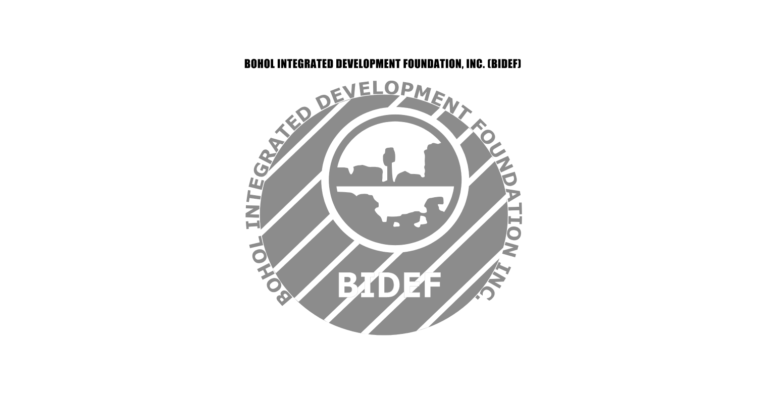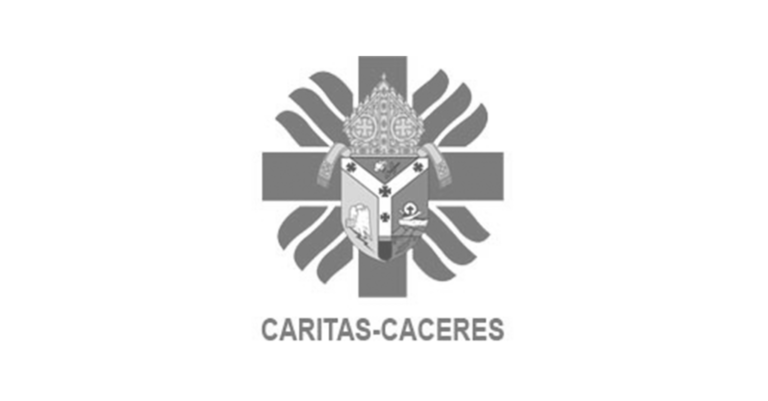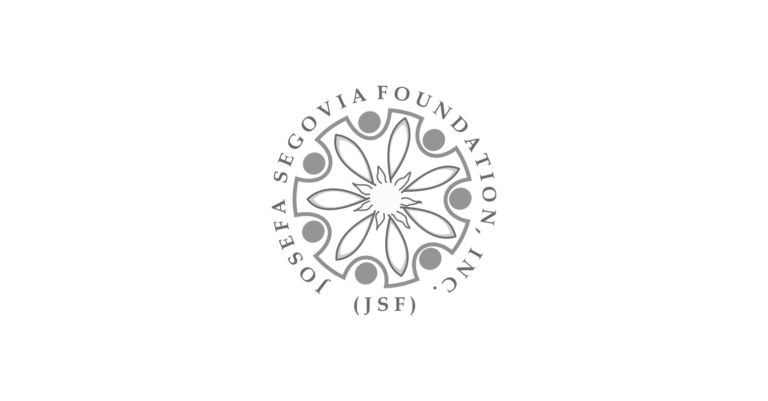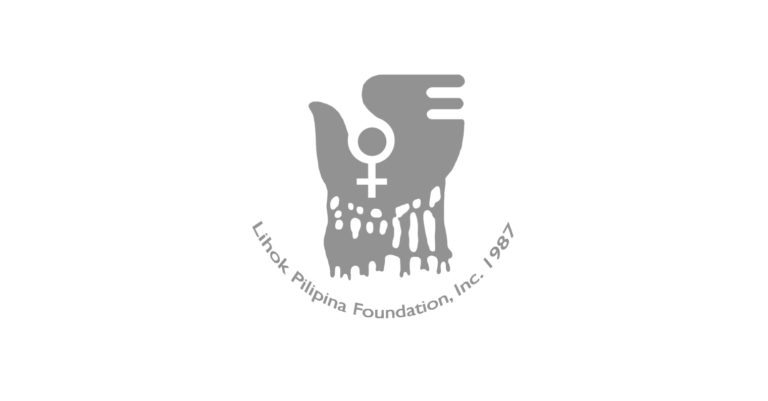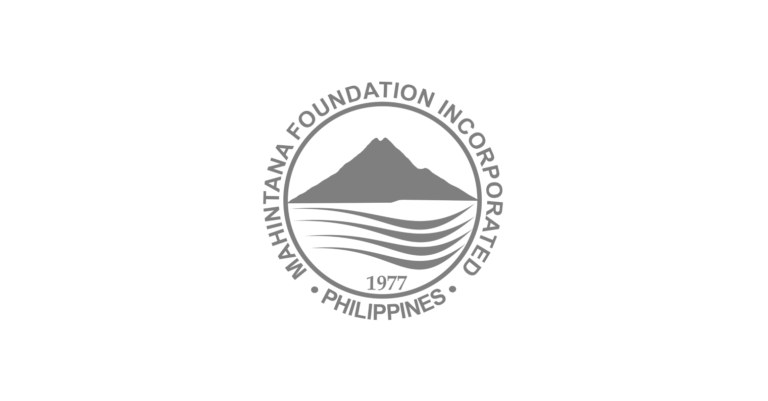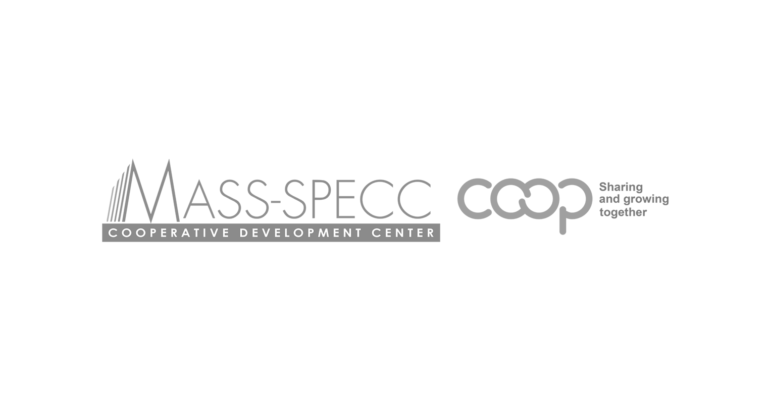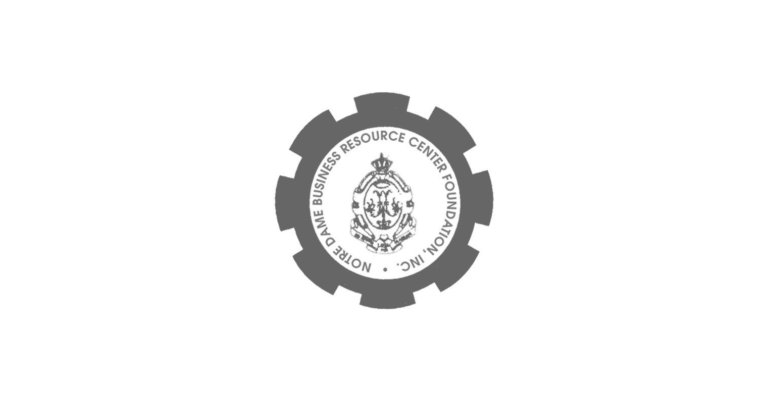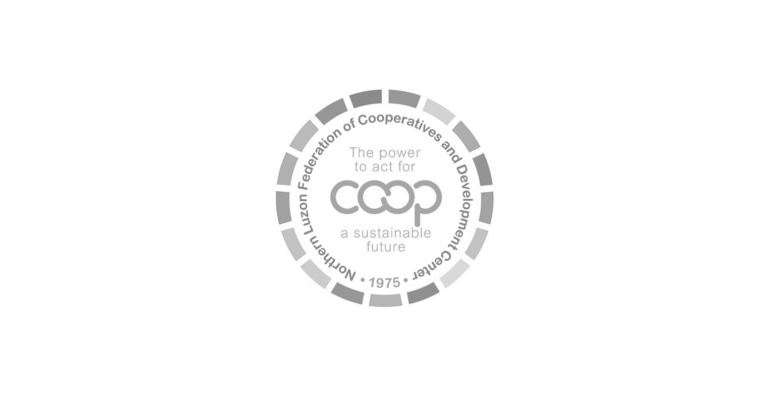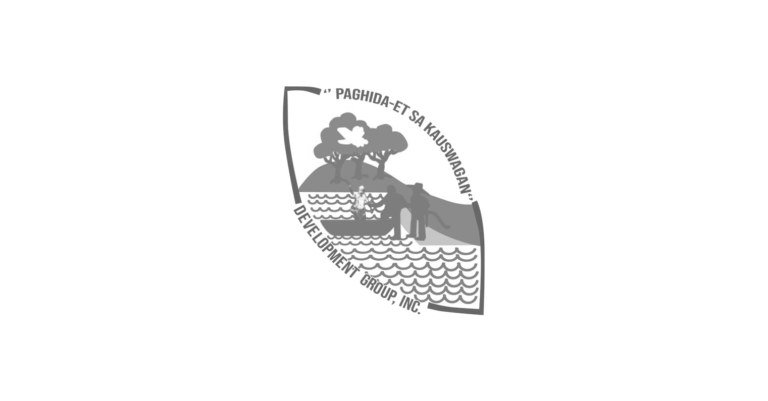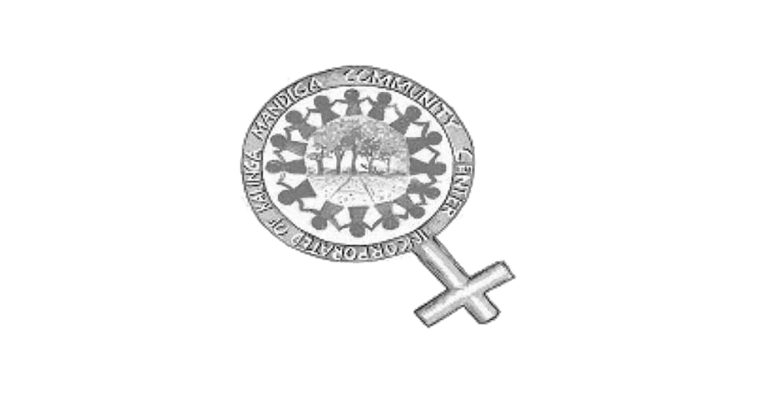Who we are
A distinguished national network of non-governmental organizations (NGOs) that places paramount importance on promoting asset reform, rural development, and environmental protection. This dynamic organization operates with the overarching goal of empowering communities throughout the Philippines by fostering sustainable and inclusive development.
The Philippine Partnership for the Development of Human Resources in Rural Areas (PhilDHRRA) traces its roots to a three-week regional workshop in 1974 held in Swanganiwas, Thailand, where 120 rural development practitioners from 12 Asia-Pacific countries exchanged ideas on how NGOs and governments could contribute to the development of the countryside.
A significant outcome of the gathering was the definition of the DHRRA strategy for development: “small groups become big groups when linked together by a common purpose; their strong potential is seen within the perspective of small autonomous units pursuing their own development in their own localities and among their own people and communities.
The loose group of NGO workers from the Philippines who joined the DHRRA workshop in Thailand convened a meeting in 1978 that resulted in the establishment of PhilDHRRA, a simple servicing secretariat for the forum of individuals from NGOs, POs, and government.
One of its initial activities was its participation in the Philippine NGO report for the 1979 World Conference on Agrarian Reform and Rural Development (WCARRD) held in Rome. Wherein, PhilDHRRA and other rural development organizations throughout the world affirmed the WCARRD program of action that later became PhilDHRRA’s criterion for membership.
In a 1983 meeting in Cebu City, attended by 32 representatives from different NGOs, PhilDHRRA was formally created. It became a network of NGOs registered with the Securities and Exchange Commission as a non-stock, non-profit organization.
Today, PhilDHRRA continues to be a national network of non-government organizations committed to sustainable rural development in the Philippines and remains to be part of the DHRRA networks throughout the Asian region, aspiring for a common vision of sustainable rural development. It operates in 70 of the 71 provinces in the Philippines with a national secretariat and three regional secretariats in Luzon, Visayas, and Mindanao, managing the day-to-day operations of the network.
Our strategicMission
Strengthen network members to be more responsive in empowering communities
PhilDHRRA is a national network of NGOs that seeks to build the capacity of its members to become relevant and self-reliant in order to address agrarian reform and rural development in the countryside, and thereby contribute to national transformation.
In undertaking this mission, PhilDHRRA is guided by the principles of social justice, active non-violence, participation, social equity, gender equality, environmental sustainability, cultural sensitivity, national sovereignty and peace.
Strengthen the network and mobilize its members in realizing PhilDHRRA’s vision.
PhilDHRRA Strategic Plan 2023 - 2027
The common end-goal of PhilDHRRA members in community development work is to contribute to rural poverty reduction and rural development. They are guided by PhilDHRRA’s strategic direction, i.e., to pursue Asset Reform and sustainable Rural Development (ARRD) in the context of current and global realities while maximizing opportunities from the enabling policy environment and responding to the calls for inclusive growth, food security amidst climate change (FAO, ADB, IFAD, ASEAN).
Integrate asset reform, rural development, environmental protection, and management
for community empowerment.
• Implement and monitor programs and advocacies that address poverty and gender-related development issues, particularly concerning
1) Access and control over productive resources;
2) Sustainable agricultural productivity and natural resource management; and
3) Basic social services delivery.
• Mainstream risk mitigation and adaptation, gender development, and good governance for effective programming.
Strengthen members’ institutional capability for them to become relevant and effective in delivering their services.
• Develop a capacity building program for the members that seeks to improve and expand their knowledge, skills, and attitude in building communities living a dignified life.
• Internal Good Housekeeping
• Access to information/opportunities
Intensify advocacy to improve policy environment and programs supportive of PhilDHRRA initiatives for poverty reduction and community development.
• Undertake relevant researches and case studies on network advocacies and initiatives.
• Maximize opportunities to lobby network’s advocacy agenda at the national and local levels.
• Institutionalized Knowledge Management in the Network
Sustain network management, administrative operations (Secretariat), and its governance system (Board) for effective and efficient operations.
• Periodic review of organizational structure, plans, policies, and programs
• Participation of board and members in relevant network activities
• Strengthen Secretariat capacities to manage the day-to-day operations of the
network
• Strategic planning
• Formulate and implement a 5-year financial sustainability plan

